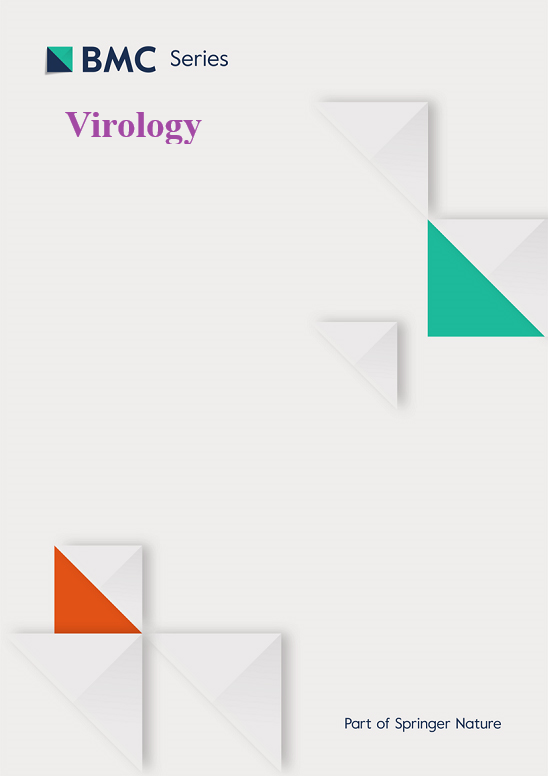Infections, genetics, and Alzheimer's disease: Exploring the pathogenic factors for innovative therapies
IF 2.8
3区 医学
Q3 VIROLOGY
引用次数: 0
Abstract
Alzheimer's disease (AD) is a progressive neurodegenerative condition that creates a significant global health challenge and profoundly affects patients and their families. Recent research has highlighted the critical role of microorganisms, particularly viral infections, in the pathogenesis of AD.
The involvement of viral infections in AD pathogenesis is predominantly attributed to their ability to induce neuroinflammation and amyloid beta (Aβ) deposition in the brain. The extant research exploring the relationship between viruses and AD has focused largely on Herpesviridae family. Traces of Herpesviruses, such as Herpes Simplex Virus-1 and Epstein Barr Virus, have been found in the brains of patients with AD. These viruses are thought to contribute to the disease progression by triggering chronic inflammatory responses in the brain. They can remain dormant in the brain, and become reactivated due to stress, a secondary viral infection, or immune-senescence in older adults.
This review focuses on the association between Herpesviridae and bacterial infections with AD. We explore the genetic factors that might regulate viral illness and discuss clinical trials investigating antiviral and anti-inflammatory agents as possible therapeutic strategies to mitigate cognitive decline in patients with AD. In summary, understanding the interplay between infections, genetic factors, and AD pathogenesis may pave the way for novel therapeutic approaches, facilitating better management and possibly even prevent this debilitating disease.

感染、遗传和阿尔茨海默病:探索创新疗法的致病因素
阿尔茨海默病(AD)是一种进行性神经退行性疾病,对全球健康构成重大挑战,并深刻影响患者及其家属。最近的研究强调了微生物,特别是病毒感染在阿尔茨海默病发病机制中的关键作用。病毒感染在AD发病机制中的参与主要归因于它们在大脑中诱导神经炎症和β淀粉样蛋白(Aβ)沉积的能力。目前对病毒与AD关系的研究主要集中在疱疹病毒科。在阿尔茨海默病患者的大脑中发现了疱疹病毒的痕迹,如单纯疱疹病毒-1和爱泼斯坦巴尔病毒。这些病毒被认为通过在大脑中引发慢性炎症反应来促进疾病的进展。它们可以在大脑中保持休眠状态,并因压力、继发性病毒感染或老年人的免疫衰老而重新激活。本文综述了疱疹病毒与AD细菌感染之间的关系。我们探讨了可能调节病毒性疾病的遗传因素,并讨论了研究抗病毒和抗炎药物作为可能的治疗策略来减轻AD患者认知能力下降的临床试验。总之,了解感染、遗传因素和AD发病机制之间的相互作用可能为新的治疗方法铺平道路,促进更好的管理,甚至可能预防这种使人衰弱的疾病。
本文章由计算机程序翻译,如有差异,请以英文原文为准。
求助全文
约1分钟内获得全文
求助全文
来源期刊

Virology
医学-病毒学
CiteScore
6.00
自引率
0.00%
发文量
157
审稿时长
50 days
期刊介绍:
Launched in 1955, Virology is a broad and inclusive journal that welcomes submissions on all aspects of virology including plant, animal, microbial and human viruses. The journal publishes basic research as well as pre-clinical and clinical studies of vaccines, anti-viral drugs and their development, anti-viral therapies, and computational studies of virus infections. Any submission that is of broad interest to the community of virologists/vaccinologists and reporting scientifically accurate and valuable research will be considered for publication, including negative findings and multidisciplinary work.Virology is open to reviews, research manuscripts, short communication, registered reports as well as follow-up manuscripts.
 求助内容:
求助内容: 应助结果提醒方式:
应助结果提醒方式:


